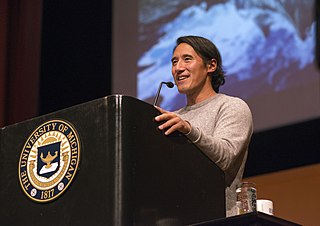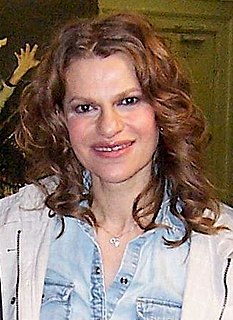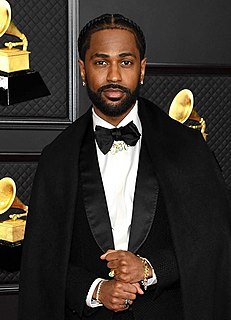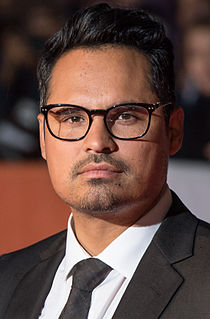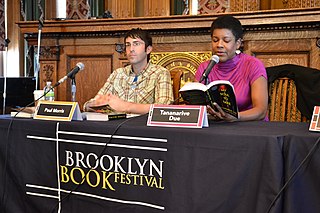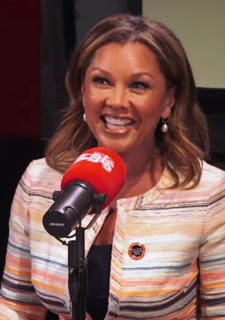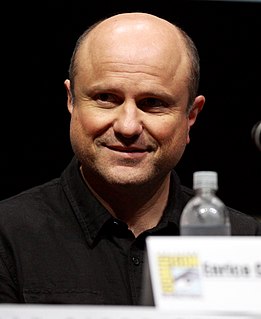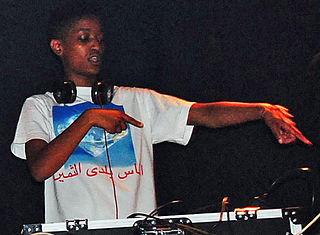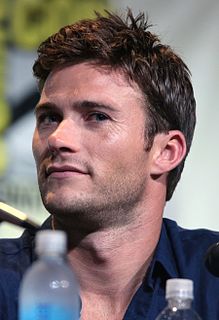A Quote by Jimmy Chin
I grew up looking at National Geographic. I always wondered who was taking the photos and how.
Related Quotes
I grew up in the 'hood around prostitutes, drug dealers, killers, and gangbangers, but I also grew up juxtaposed: On the doorknob outside of our apartment, there was blood from some guy who got shot; but inside, there was National Geographic magazines and encyclopedias and a little library bookshelf situation.
In Toronto, I grew up taking a subway, I grew up taking a bus. I spent my formative adult years in New York City, walking the streets, taking the subway. You're connected to the larger whole. L.A. is so spread out, and you're so incubated inside those cars and it's so exhausting to deal with the traffic, without really having the human contact.
Instagram is a media company. I think we're about visual media. I explain ourselves as a disruptive entertainment platform that enables communication through visual media. I don't think it's just photos. There's a reason we don't allow you to upload photos on the Web as albums. It's not about taking all these photos off your DSLR putting them into an album and sharing them with your family. It's not about that. It's about what are you up to right now out in the real world, how can you share that with everyone.
Learning that aesthetic as a kid - seeing those photos - made me think that that's what photos are supposed to look like. I never understood snapshots. I was looking at them like, "This is horrible; that's not what a picture is supposed to look like." I was taught by these photos. So when I picked up the camera, though I had never done it before, I kind of already knew what I was doing.
